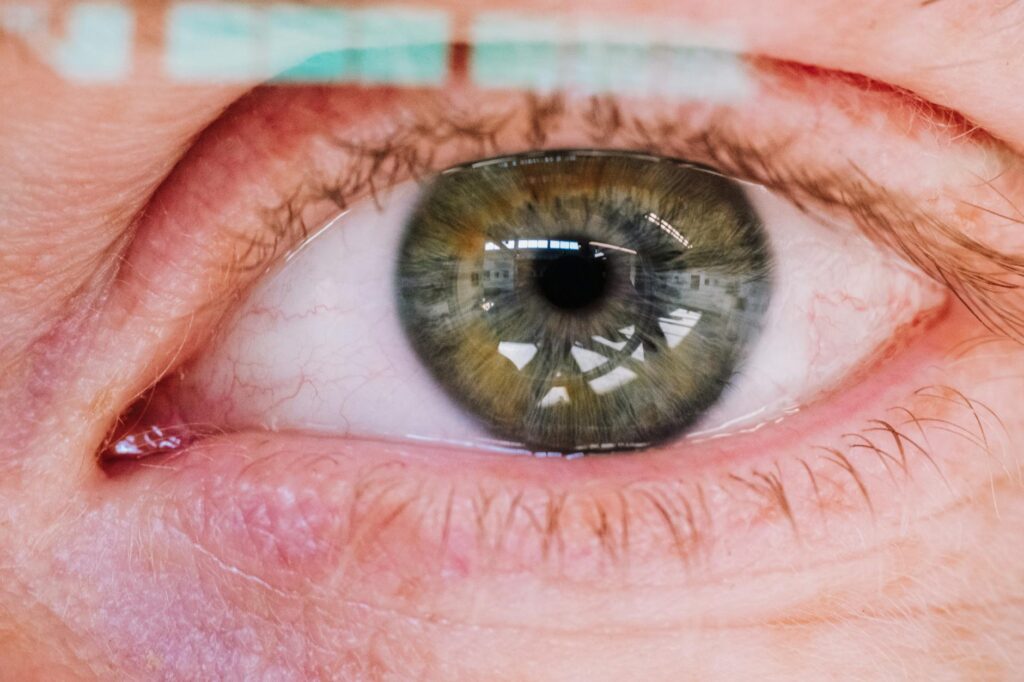What is perception processes?

What is perception processes?
Perception processes shape the way we experience and interpret the world around us. Have you ever wondered why two people can witness the same event yet describe it in entirely different ways? This phenomenon boils down to how we perceive and process information. Understanding perception processes can enhance our communication skills, improve our relationships, and even refine our decision-making.
The Basics of Perception Processes
At its core, perception is the process of selecting, organizing, and interpreting sensory information. It’s how we take in stimuli from our environment and make sense of them. This process isn’t just passive; it’s active and influenced by various factors.
The Steps in the Perception Process
-
Selection: We can’t pay attention to everything around us. Our brains filter information based on factors like relevance and intensity. For instance, when you’re at a loud party, you might focus on a friend’s voice, ignoring distracting sounds.
-
Organization: Once we select what to focus on, we organize the information into meaningful patterns. This can involve categorizing objects or experiences. For example, seeing a group of people and categorizing them as friends or colleagues based on their appearance and behavior.
-
Interpretation: Finally, we interpret the organized information to form a meaningful understanding. This step is heavily influenced by our past experiences, beliefs, and expectations. For instance, if you’ve had a negative experience with a dog, you might feel anxious when encountering one, even if it’s friendly.
Factors Influencing Perception
Perception is influenced by a myriad of factors. Some of these include:
-
Cultural Background: Our culture shapes the way we perceive situations. For example, while direct eye contact is a sign of confidence in some cultures, it might be perceived as disrespectful in others.
-
Personal Experiences: Our life history plays a significant role in how we interpret stimuli. A person who has traveled extensively may perceive new experiences differently than someone who has stayed in one place.
-
Context: The environment or situation can drastically change our perception. Imagine receiving critical feedback at work; the atmosphere in which it’s delivered can affect how you perceive the message.
The Role of Perception in Communication
Understanding perception processes is vital for effective communication. Miscommunication often arises from differences in perception. By being aware of how others might interpret our words or actions, we can tailor our communication style accordingly.
For more insights on how perception affects communication, check out this resource.
How Perception Affects Relationships
Our perception processes influence not only our communication but also our relationships. For instance, if you perceive a friend as being distant, you might interpret their behavior as disinterest. On the other hand, they could simply be going through a tough time, which you might not be aware of.
Improving Relationships Through Awareness
By becoming more aware of how perception processes work, you can enhance your interactions with others. Here are a few strategies:
-
Practice Active Listening: Focus entirely on what the other person is saying without immediately forming a response. This can help you understand their perspective better.
-
Ask Questions: If you’re unsure about something, ask for clarification. This can prevent misunderstandings based on your own perceptions.
-
Be Open to Different Perspectives: Recognize that others may see situations differently. Being open to these differences can foster stronger relationships.
Perception Processes in Decision-Making
Our perception processes also play a critical role in decision-making. The way we perceive information can shape our choices, sometimes leading to biases.
Common Perceptual Biases
-
Confirmation Bias: This is when we favor information that confirms our existing beliefs, ignoring evidence that contradicts them. For example, if you believe a certain product is the best, you may only seek out positive reviews while disregarding negative ones.
-
Anchoring Bias: This occurs when we rely too heavily on the first piece of information we encounter. For instance, if the first car you look at is priced at $30,000, a subsequent car priced at $25,000 may seem like a great deal, even if it’s still expensive.
To delve deeper into how perception affects consumer behavior, you might find this article useful.
The Impact of Technology on Perception Processes
In our digital age, technology significantly influences how we perceive information. Social media, for example, can skew our understanding of reality. We might only see curated versions of people’s lives, leading to distorted perceptions of happiness and success.
Navigating Digital Perceptions
To maintain a healthy perspective, consider the following tips:
-
Limit Screen Time: Spend less time on social media to prevent comparing your life to others.
-
Seek Diverse Sources of Information: Exposure to various viewpoints can broaden your understanding and reduce biases in your perception.
Conclusion
In summary, perception processes are integral to how we interpret the world. By understanding the steps of perception—selection, organization, and interpretation—we can enhance our communication skills, improve our relationships, and make more informed decisions. Recognizing the factors that influence our perceptions can lead to more meaningful interactions and a deeper understanding of ourselves and others.
So, next time you find yourself in a conversation or making a decision, take a moment to consider: How might perception be shaping this experience? By doing so, you’ll not only become a better communicator but also a more empathetic individual.

Photo by Kelly